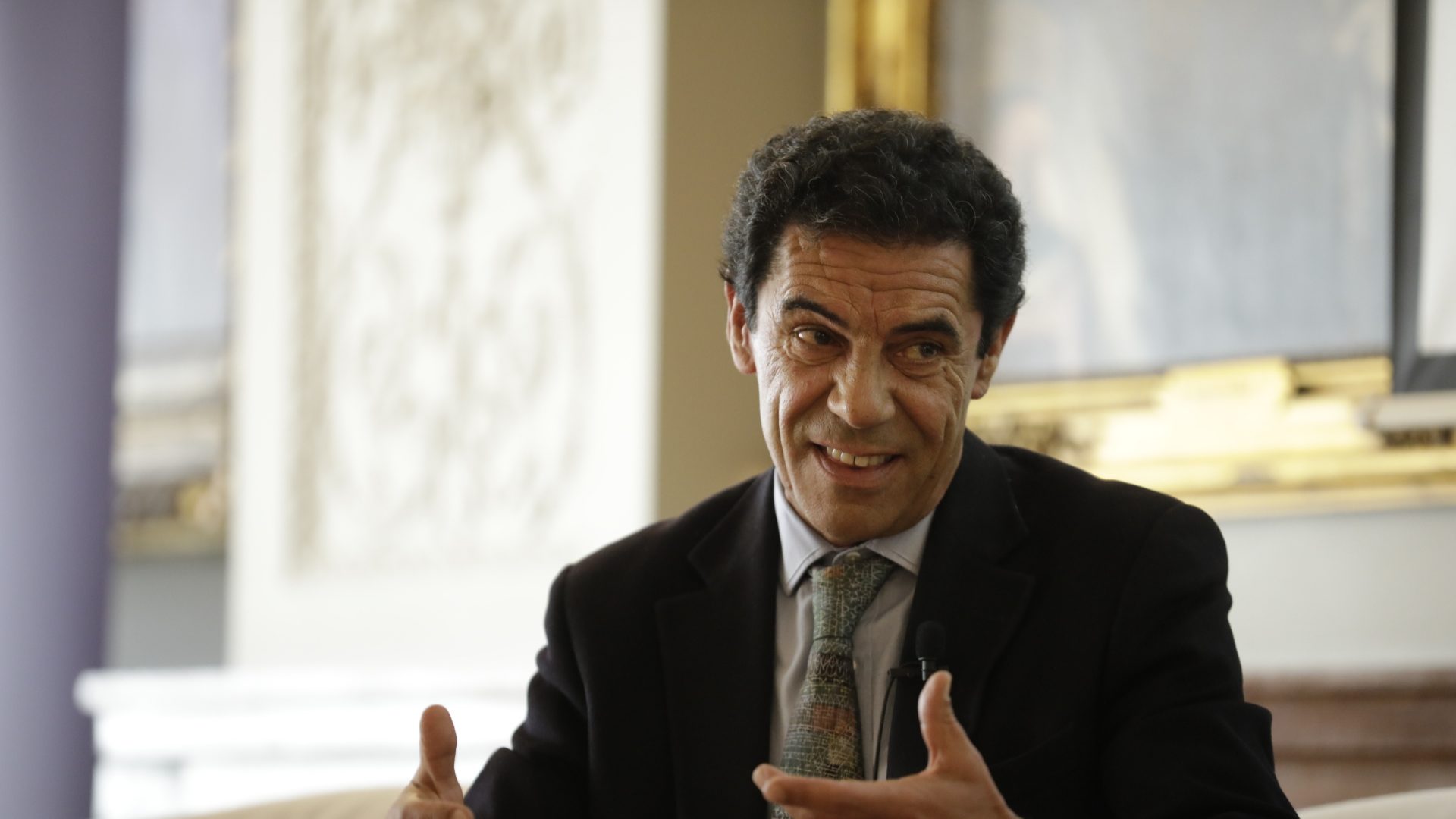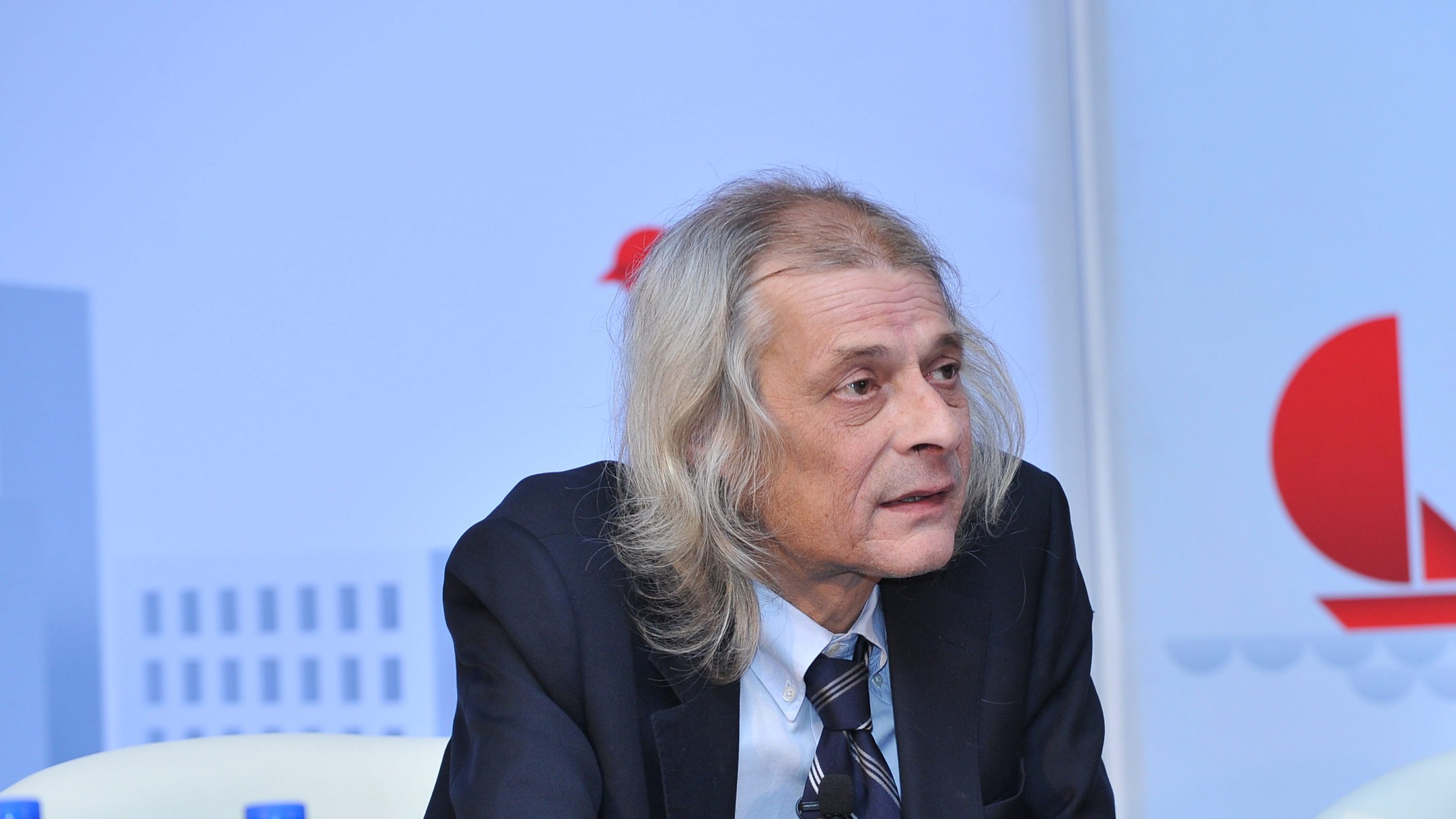Government considering windfall tax on energy companies
The Government is considering a tax on companies' windfall profits due to price rises.
The Portuguese Government acknowledges it is considering a tax on companies’ windfall profits due to price rises, the minister of economy and maritime affairs, António Costa Silva, said on Friday.
“First of all, we cannot harass companies, but what we are going to do is talk to them and probably consider a tax, a ‘windfall tax’ [tax rate on profits that result from unexpected gains of specific companies or sectors], for the random and unexpected profits they are having,” António Costa Silva said during the debate on the programme of the 23rd constitutional government, taking place in Parliament.
The economy and maritime affairs minister responded to Mariana Mortágua, a Left Bloc member of Parliament, on whether the government would act on the margins of energy companies and “retail companies that are raising prices”.
“We are following [energy prices] with great concern. We have been through many other crises like the one in the 1970s. We have here almost a reproduction of that crisis with all that it has of impact on people’s lives,” he said.
The debate on the programme of the 23rd constitutional government ends this Friday in Parliament with the vote on the motion of rejection tabled by Chega, which should only count with the votes in favour of the members of the proposing party.
The first of two days of debate was marked by Prime Minister António Costa’s assurance that he would serve his term to the end, breaking the silence on his hypothetical departure for a European post in two and a half years.
He announced that the 2022 budget proposal would be presented next week and anticipated that economic growth would be “one of the central challenges” of governance in the next four years.
The programme of the 23rd constitutional government corresponds to the electoral programme that the Socialist Party presented for the legislative elections of January 30, which it won with an absolute majority, electing 120 of the 230 members of parliament.
This programme identified four medium and long term “strategic challenges”: response to the climate emergency, digital transition, interruption of the current demographic crisis and fight against inequalities.


